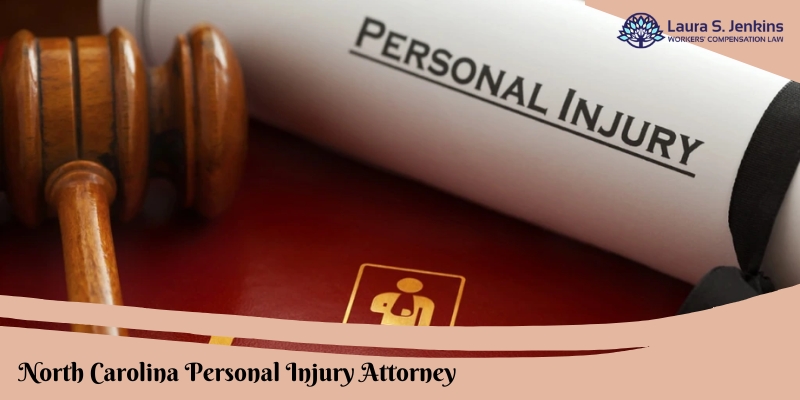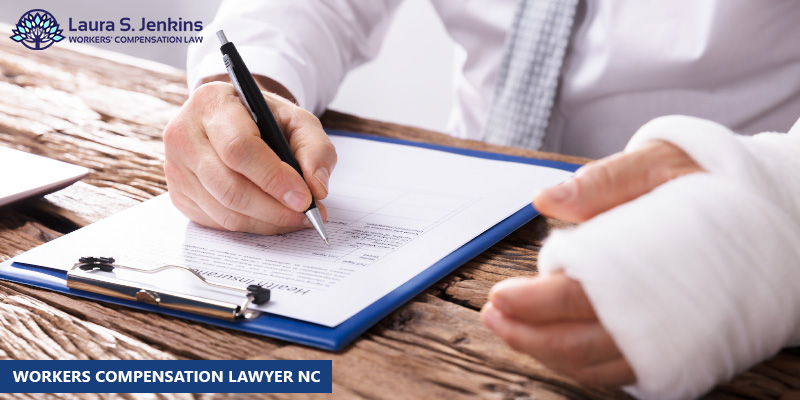Workers’ compensation offers medical and lost income coverage without the need to prove fault. This allows injured workers to receive benefits promptly, even without showing negligence by their employer or co-workers. However, in return for these benefits, workers waive their right to sue their employer or co-workers for negligence-related injuries.
However, you may be able to receive a personal injury claim if a third party caused your injuries. If you have been injured and have queries about who should be held accountable, workers comp lawyers near me can provide the guidance you need.
Who Is a Third Party?
For conceptual clarity, consider who a third party may be in the context of a workers’ compensation claim. Generally speaking, a third party is anyone who is not your employer, an employee of your employer, or, for instance, a co-worker. Anyone else involved in the accident could be a third party to your workers’ compensation claim. For example:
- Factory workers injured by defective machinery may have legal recourse against the manufacturer.
- Delivery workers who trip and fall while on duty at an office building may pursue a claim against the property owner.
- Workers involved in car accidents while traveling between job sites might have grounds for a claim against the negligent driver.
Third-party claims often happen on construction sites and other areas where contractors work in the same location. If you are injured in an accident caused by another person, you may pursue a third-party claim against the other party.
Remember that you must prove fault in a third-party claim, which can be a task. Workers comp lawyers near me can assist you with what evidence you will need to prove your case.
Why You Must Consider Pursuing a Third-Party Claim?
For a better understanding of a third-party claim, we should first know what workers’ compensation benefits cover and what they don’t-
- Workers’ comp will cover all your medical expenses, provided you receive treatment from the providers approved by your workers’ comp insurance carrier.
- Workers’ comp will pay lost income benefits covering up to two-thirds of your average weekly wages.
On the other hand, workers’ compensation will not cover:
- Any pain and suffering
- Any lost income above and beyond two-thirds of average weekly wages
- Future medical expenses may arise after your workers’ compensation claim has been closed or settled.
Losses not covered by workers’ compensation can be significant, particularly when your compensation carrier may determine that you are no longer eligible for benefits once you have reached your maximum medical improvement.
A third-party personal injury claim may be your only chance to be made after your accident truly. Workers comp lawyers near me can evaluate whether you should pursue a third-party claim.
Third-Party Wrongful Death Claims
Families who have lost a loved one as a result of a work-related accident are entitled to death benefits through the loved one’s workers’ compensation coverage. It pays the following death benefits to the surviving family:
- Burial expenses of up to $10,000
- Two-thirds of the worker’s average weekly wages for 500 weeks
The benefits can provide relief for families reeling from the loss of a spouse, parent, and provider. However, you will notice that these benefits don’t cover one-third of the lost income. A third-party wrongful death claim will allow you to get compensation for that lost income as well as the following:
- Future lost income, including retirement benefits
- Loss of companionship or parental guidance
- Pain and suffering
- Funeral/burial expenses over $10,000
If your family has lost a loved one due to a work-related injury or illness, a workers compensation lawyer NC can explain options and help you find a way forward.
You Are Not Entitled to Double Damages
You can pursue a third-party claim while receiving workers’ compensation benefits. However, any compensation from the third-party claim will be offset by what you’ve received through workers’ compensation. The recovered amount can cover losses not addressed by workers’ comp.
Proving Your Case
To pursue a third-party claim, you must prove the other party’s negligence by showing they failed to take reasonable care to prevent an accident. This involves presenting evidence that demonstrates their lack of precaution. After establishing negligence, you must prove your injuries and how they led to additional losses.
For example, as evidence, you will have to introduce the following –
- Copies of medical reports and bills arising from the accident
- Documentation of lost wages
- Evidence supporting claims for pain and suffering
Gathering the evidence to support claims can be overwhelming, especially when sick or injured. A workers’ compensation attorney will not only know what evidence you need, but they will help you gather and organize it.
Talk to a Workers’ Compensation Lawyer
Workers’ comp claims are more complex than people anticipate, especially when an at-fault third party may exist. Whatever the circumstances of your case, Laura S. Jenkins, an experienced workers compensation lawyer NC, can guide you through the process to get the compensation you are entitled to as quickly as possible. To schedule a free consultation, contact us at (919) 846-7766.




